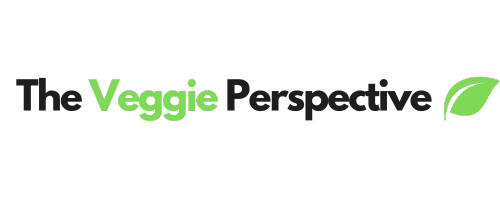Apple cider vinegar has been used as a home remedy for a variety of ailments for centuries. It has many purported health benefits and is widely believed to be beneficial for weight loss, diabetes, digestion, and heart health, among other conditions. One of the lesser-known potential benefits of apple cider vinegar is that it may help reduce symptoms of protein overload.
Protein overload is the term used to describe a condition in which too much protein is present in the body. This can be the result of excessive intake of animal proteins, or can be caused by amino acid imbalances or other metabolic disorders. Symptoms of protein overload include fatigue, joint pain, bloating, and headaches, as well as kidney and liver damage.
Apple cider vinegar, a liquid made of fermented apple cider, is thought to be a helpful remedy for protein overload, as it is a natural alkaline regulator that helps to balance the acidic levels in the body. It has anti-inflammatory and anti-bacterial properties that may help reduce inflammation in the body, as well as detoxifying and cleansing properties.
Apple cider vinegar can be consumed in various forms, including in liquid form mixed with water, according to individual taste. Some people may find it difficult to drink apple cider vinegar in liquid form, and for them, it is recommended to take it in capsule form. Additionally, apple cider vinegar can also be used topically, as a hair rinse or as a body scrub, to help reduce inflammation and ease discomfort from protein overload.
Eating a balanced diet is important to help reduce protein overload and restore balance in the body. Consuming ample amounts of fruits and vegetables, as well as whole grains, is essential for keeping the body functioning at its best. Additionally, avoiding fad or crash diets is important, as they can cause more harm than good.
In addition to dietary changes, drinking enough water is important to help keep the body hydrated and to help keep the acid/alkaline balance in check. Additionally, exercising regularly and incorporating stretching into the routine can help reduce symptoms of protein overload.
In conclusion, using apple cider vinegar for protein overload may help reduce symptoms of protein overload, but it should not be considered as a cure. Eating a balanced diet and staying hydrated are essential for maintaining health, and to reduce the risks associated with protein overload. Additionally, those with existing medical conditions should consult a doctor before using apple cider vinegar.
What is a Protein Overload?
Protein overload is a condition where an individual consumes more protein than their body needs. It is typically associated with bodybuilders and other athletes who follow diets high in protein in order to build muscle and gain strength. Protein overload can result in a number of negative health outcomes due to the lack of balance of nutrients consumed.
Protein is essential for many bodily processes such as cell repair, hormone production, metabolism, and immunity. It is a macronutrient, meaning a larger portion than other micronutrients are needed for the body to function properly. Protein is also essential for growth and development of muscles and bones. Because of these roles, protein is considered an important nutrient for athletes, bodybuilders, and those looking to gain muscle mass.
However, if one consumes too much protein, then it can lead to a state of protein overload. This occurs when excessive amounts of protein are consumed and the body is unable to process it, leading to health issues. The body needs a proper balance of all macronutrients, including carbohydrates, fat and protein, to function properly. If the body is only getting one kind of macronutrient in large amounts, like protein, then it can be overwhelmed by it. The organs can become overworked, trying to process all the protein, while not getting the other necessary nutrients.
The symptoms of protein overload are varied, but can include: nausea, fatigue, weakness, headaches, joint pain, and constipation. The long-term consequences of a high protein diet can be serious. These may include weight gain, high cholesterol, kidney and liver problems, and decreased metabolic rate.
It is important to avoid protein overload by following the recommended amounts of protein for an individual’s age and activity level. The US Department of Agriculture (USDA) sets the recommended daily protein intake
Photo by Towfiqu barbhuiya on Unsplash
I have always loved cooking and discovering new flavors. My hobby gradually grew into a serious hobby and now I write about food professionally on my blog. For almost a year now, I’ve been sharing my thoughts with the world and helping many people find their perfect “recipe” 🙂

